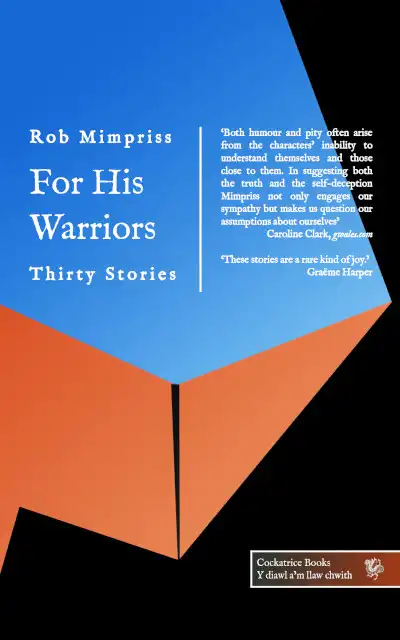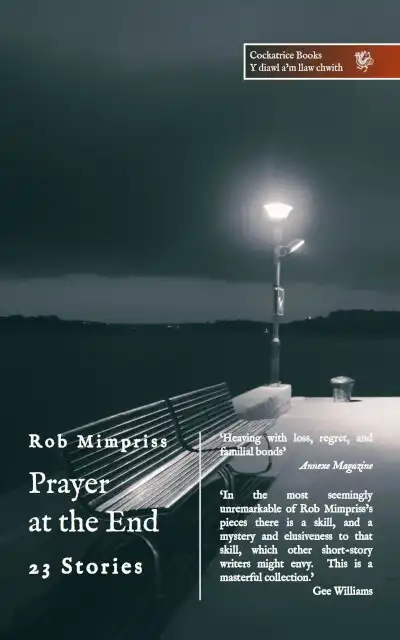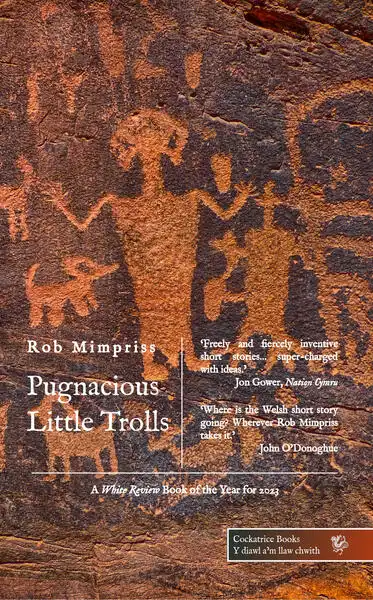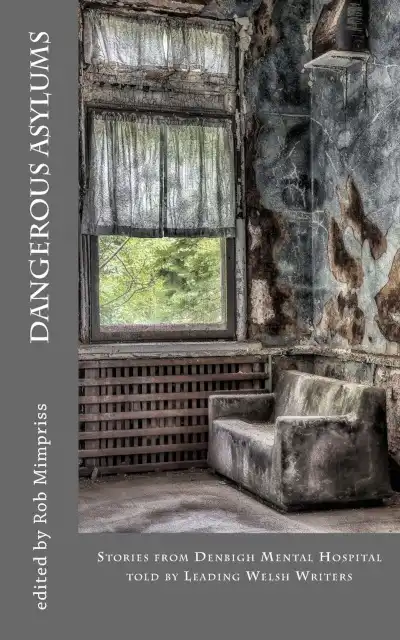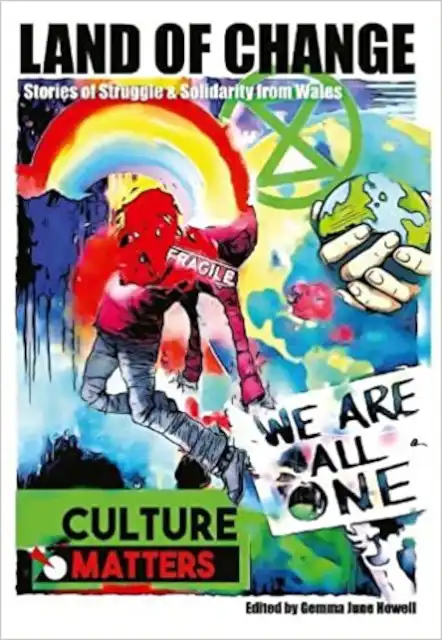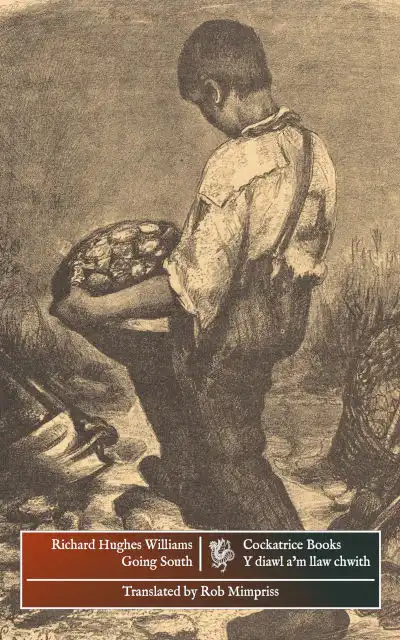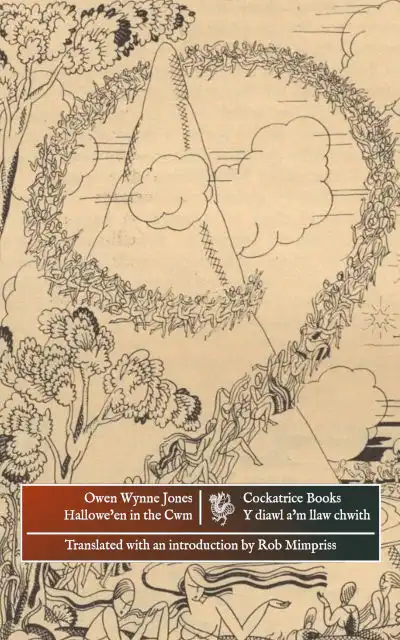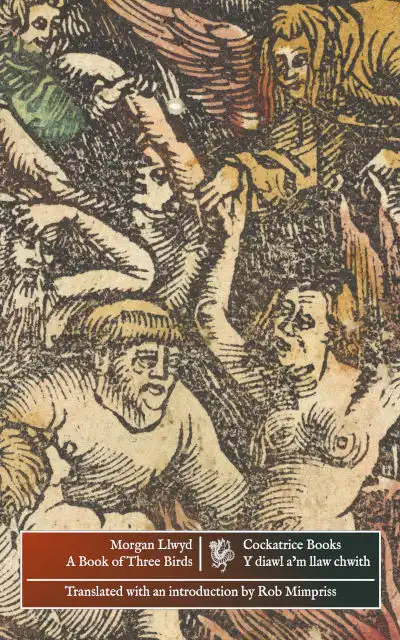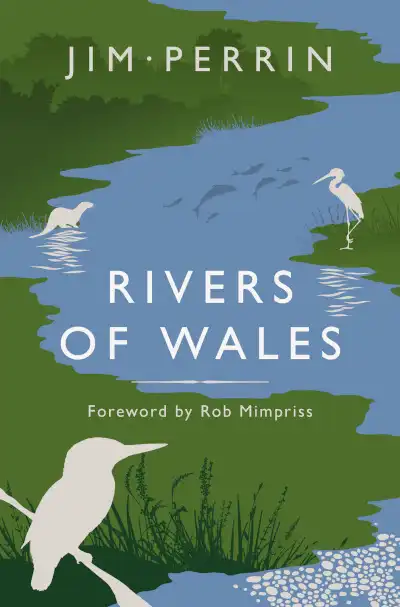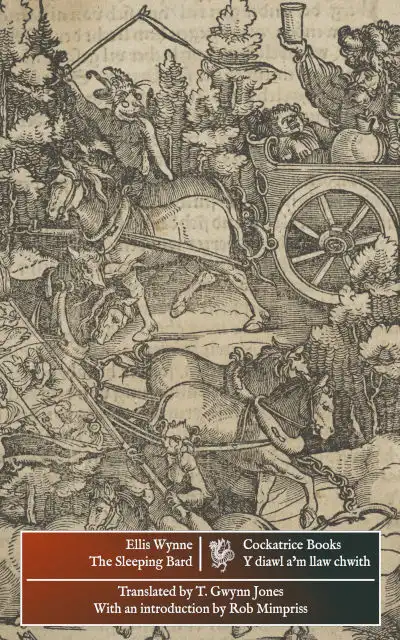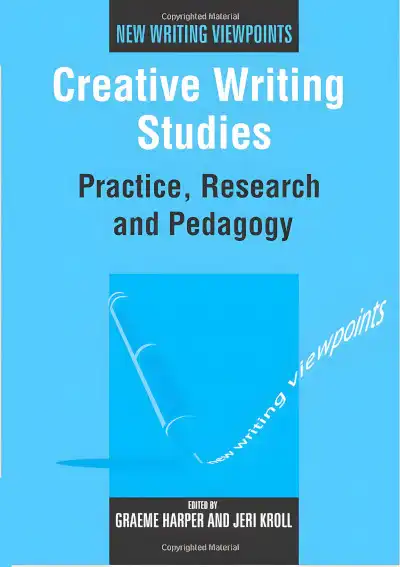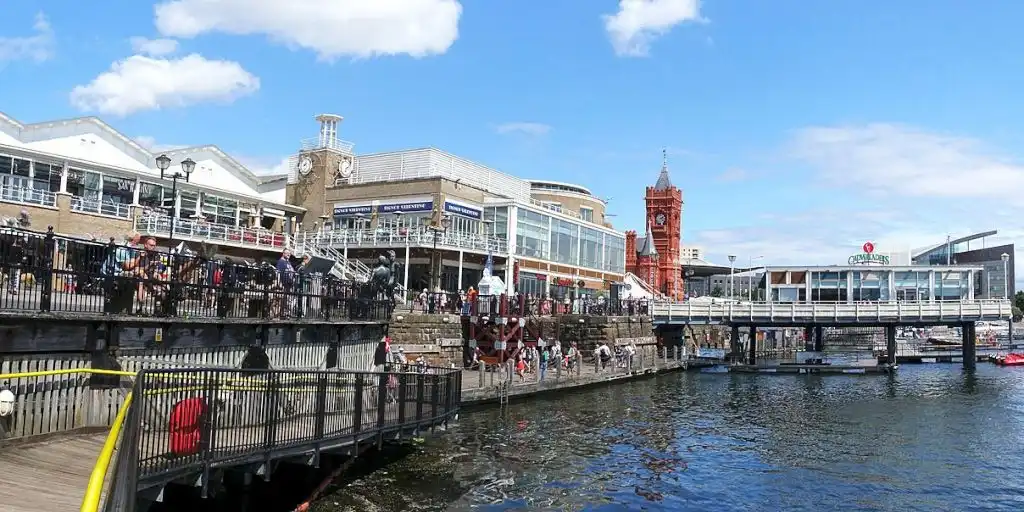When Scottish independence was being discussed in 2014, the economist and statesman, Vince Cable, referred to the plight of Iceland following the credit crunch as an example of the disadvantages facing small nation states and of the advantages of being part of larger units like the UK. In particular, he predicted, the Royal Bank of Scotland would abandon the newly independent state, leaving it vulnerable to a much deeper recession than the recession of 2008 in the event of a future banking crisis. The point was well made, but only covered half the story, since Iceland, although smaller than Cornwall in terms of population, has long put the economic crisis behind it, and has done so largely by prioritising the welfare of its people over the needs of its banking industry, while the UK remains mired in disaster.
The causes of that disaster also relate to the question of Scottish independence from the UK, and the fate of all four of its Celtic nations. Austerity, which trampled our economic recovery and caused the deaths of 130,000 of our fellow citizens, arose from a belief in the benign efficiency of the unregulated market which is England’s dominant political position. Brexit, as research by Michael Kenny has shown, relates to English self-pity at the loss of empire, English self-pity at the rise of the Celtic nations, and English self-pity at being bound by treaties and international laws, while England’s Covid response expressed the same vapid narcissism of its leaders, the same disdain for science, the same recklessness with regard to life as was shown under the far-right governments of America and Brazil.
In Wales our comparatively sane response to Brexit (negotiating continued membership of Erasmus and Horizon, arranging our own meetings with European leaders when the UK government refused us access to theirs and to the pandemic (reacting to rising infection rates swiftly, first seeking to act in partnership with the UK government before using such powers as British laws had given us to protect the lives of our citizens, rolling out the vaccine in order of urgency and moving education online to protect students and staff, arose not because we are a nation of warriors, or even because we are a nation of poets, or because we won the war, or because we were Cool Cymru once, or even because it is only the elites and traitors who are holding us back. It arose because we understand that we are no better than other nations, that nature is indifferent to us, that history, given long enough, will surely forget about us, but that other nations in mainland Europe and beyond are open to being our friends. Our history has taught us not to suppose that the sun shines out of our arse. If we were looking for Article 1 of a Republic of Wales constitution, we could do far worse than that.

